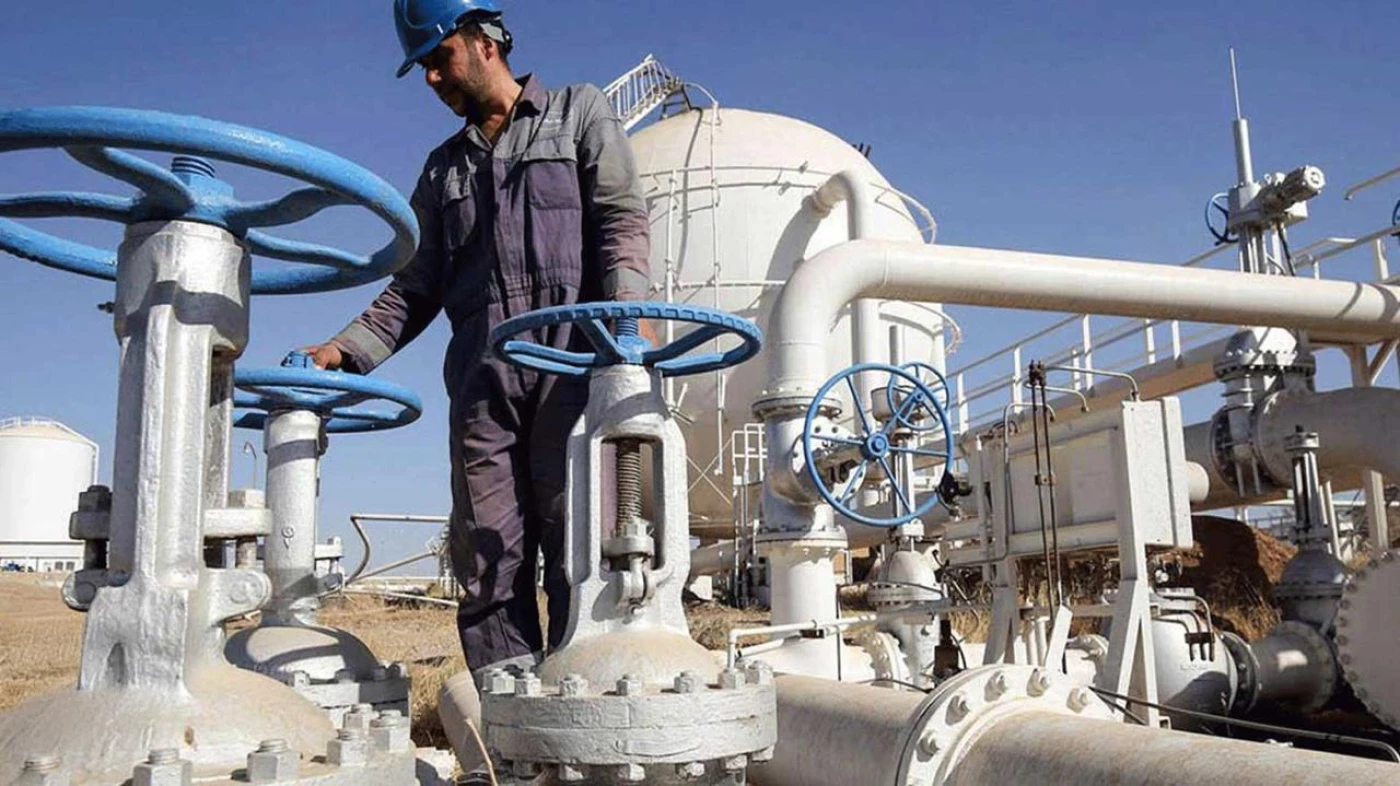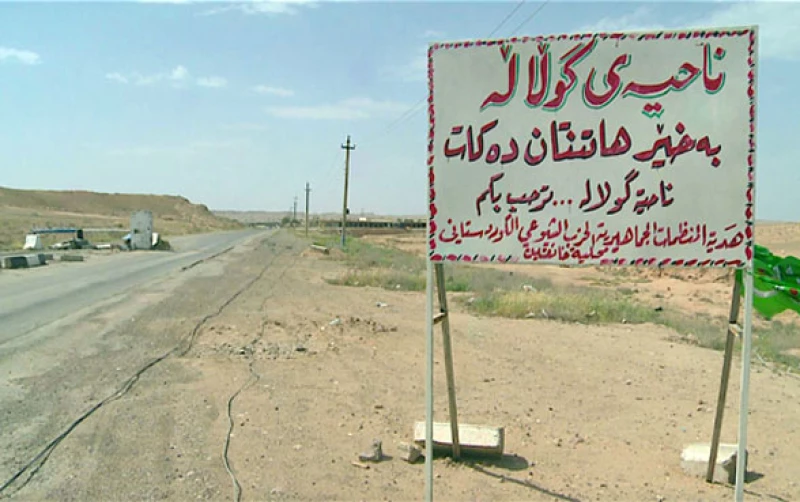ERBIL, Kurdistan Region of Iraq - The Iraqi government and the Kurdistan Regional Government (KRG) have reached an understanding regarding oil revenues, an Iraqi lawmaker said on Monday, paving the way for the resumption of Kurdish oil exports.
“According to information we’ve received, all the existing problems have been resolved, both on the side of the [Kurdistan] Regional Government and the [Iraqi] Federal Government,” Amanj Harki, a Kurdish lawmaker in the Iraqi parliament from the Kurdistan Democratic Party (KDP), told The New Region, adding that the oil firms have “agreed to the conditions set for them.”
Harki explained that the biggest hurdle to reaching an understanding was that the oil companies “do not see a guarantee from Iraq” to pay their entitlements in return for each barrel of oil given to the State Oil Marketing Organization (SOMO).
According to the agreement, the KRG is set to retain 50,000 barrels of oil for domestic consumption, with the rest of the oil being handed over to Iraq’s oil marketing arm to be exported to global markets.
Oil companies were originally set to receive $16 per barrel produced, but now their “money will be paid through oil,” according to Harki, with oil firms requesting crude oil over cash to guarantee their payments, clearing a major obstacle in the process.
The understanding will play a major role in strengthening the Kurdistan Region’s economic situation, according to Harki, with the creation of job opportunities and oil companies’ employees returning to their jobs over two years after exports were halted.
Exports of the Kurdistan Region’s oil through the Turkish Ceyhan pipeline were halted in March 2023 after Ankara lost a case against Baghdad in a Paris-based arbitration court. The case accused Ankara of breaching a 1973 agreement by allowing the KRG to start selling oil independently of Baghdad in 2014.
The dispute between Erbil and Baghdad over oil exports, in addition to the mechanism of sharing the KRG’s non-oil revenues, has propped up a budgetary conflict between the two sides, leading to years of sanctions on the KRG by the Iraqi government, the latest of which came in May, when Iraqi Finance Minister Taif Sami notified Erbil that the federal government will suspend funding the Region’s civil servant salaries.
Civil servants in the Kurdistan Region received their salaries for June in September, while July and August salaries have yet to be funded by the Iraqi government. The KRG has repeatedly reiterated that they have “more than fulfilled” the obligations relating to finding solutions with Iraqi authorities.
Reporting by Hevi Karam



 Facebook
Facebook
 LinkedIn
LinkedIn
 Telegram
Telegram
 X
X


